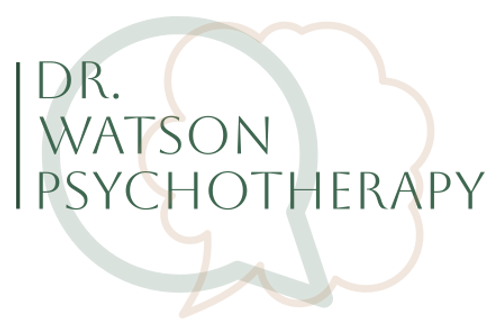
Professional Background
I understand that when looking for the right therapist for you or your child, it is vital you can trust that the knowledge and expertise of the therapist is of the highest standards when committing to forming such an intimate relationship with them. This too is of the highest importance to me.
Credentials
Registered with the Association of Child Psychotherapists (ACP) which is a Professional Standards Association accredited (PSA) body so you can trust my profession is rigorously regulated. REG No. 7097.
4 year Doctoral Training in Child and Adolescent Psychoanalytic Psychotherapy at UCL and Anna Freud Centre offered by the British Psychotherapy Foundation.
2 year PGdip in Working with Children, Young People and Families: A Psychoanalytic Observational Approach at Tavistock and Portman NHS Trust.
2 year PGdip Mental Health Nursing at Southampton University.
3 year BA(hons) Childhood Studies at University of Greenwich.
Experience
I have 13 years’ qualified experience working in both adult and child mental health in the NHS in hospital and community settings.
I have a broad range of experience and expertise in the assessment and treatment of child and adolescent mental health including but not limited to trauma, anxiety, depression, self-harm, interpersonal and behavioural difficulties.
I have particular expertise and experience working with adoptive children and children with care experience and victims of sexual trauma.
My background training offered in the NHS is Dialectical Behavioural Therapy (DBT), Cognitive Behavioural Therapy (CBT), Eye Movement Desensitisation and Reprocessing (EMDR), as well as evidence based group and individual parenting interventions.


Things I can help you or your child with...
-
Anxiety and panic attacks
-
Low mood, sadness, or withdrawal
-
Anger and behavioural concerns at home or at school
-
Low self-esteem or lack of confidence
-
Self-harm and suicidality
-
Social difficulties, including isolation, friendship or romantic challenges
-
Bereavement and loss
-
Adjusting to family changes such as separation, divorce, or blending families
-
School-related difficulties, including reluctance to attend, academic stress, or exam pressure
-
Bullying (as someone experiencing it, involved in it, or both)
-
Identity, self-image, and self-expression concerns including eating problems, sexuality and gender confusion.
-
Issues arising from neurodevelopmental styles such as ADHD and Autism
-
Recovering from trauma or upsetting life events
-
Managing transitions, such as moving school or home
-
Physical symptoms (such as stomach aches, headaches, bed wetting) that may be linked to emotional distress
-
SPECIALISMS: Trauma; Sexual abuse; Care experienced and adopted children
